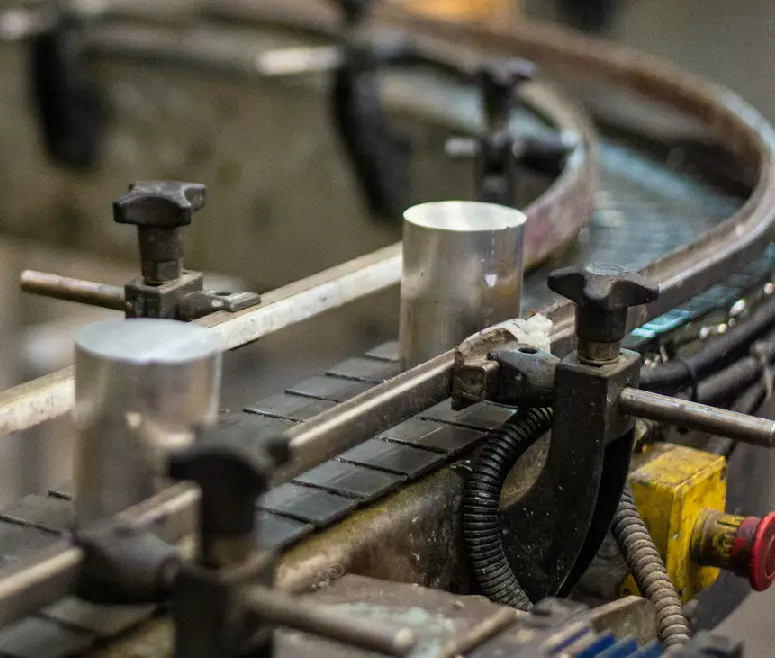Citi Global Chief Economist Nathan Sheets said in an interview that a continuing supply chain crunch will apply upward pressure on already rising inflation.
He said, “The supply chain picture continues to look pretty severe… as a result of some of these geopolitical developments, their implications for commodities in particular .That’s exacerbated by uncertainties about production as a result of Asia and China’s zero COVID policy. … And I think that it means for inflation, that we’re going to continue to see some of this supply shock-driven upward pressure on prices.”
He went on to say that present issues are “having a very powerful effect on the global economy. I think that we are clearly now seeing demand destruction.”
Earlier this week, Sheets’ team released a note which said, “To relieve the stress in global trade, we ultimately need to see an improvement in the pandemic. Some specific supply chain issues are beginning to unwind but there are still a number of lingering unknowns.”
Sheets and his team went on to point out how the pandemic demolished the idea that supply chains were optimized and resilient.
“Until the pandemic, the broad consensus was that supply chains were ‘optimized’ and functioning smoothly,” they said. “Firms were thought to have broadly solved the riddle of how to keep inventories lean and simultaneously ensure a reliable flow of inputs for use in production. … Rather than a smooth predictable flow of demand, production, and transportation — the past two years have seen surging demand for final goods coupled with episodic disruptions in the availability of the inputs required to produce those goods.”
Presently, Tech and Automotive supply chains appear to be the most disrupted, and it even extends to the most advanced EV companies. UBS Tesla analyst Patrick Hummel has cut his estimates on Tesla’s earnings per share by 12% in his latest note, due to the breakdowns in the company’s supply chains produced by the Shanghai lockdowns.
Meanwhile semiconductor deliveries are still disrupted, both due to the lockdowns, as well as a blistering demand.
Intel CEO Pat Gelsinger said in late May, “We are about halfway through [the chip shortage]. My expectation now is that it persists through 2024. And the big issue that we’ve additionally faced over the last six to nine months is equipment that goes into the [fabrication plants].”
However Citi’s Sheets is not entirely pessimistic. He said, “If there is any light at the end of the tunnel on these supply chain pressures, it’s really that this demand destruction is now resulting in a session where goods spending is starting to weaken. It may over time help reduce some of these supply chain pressures. But that is still a little speculative. What we are seeing is tightness at the moment.”

